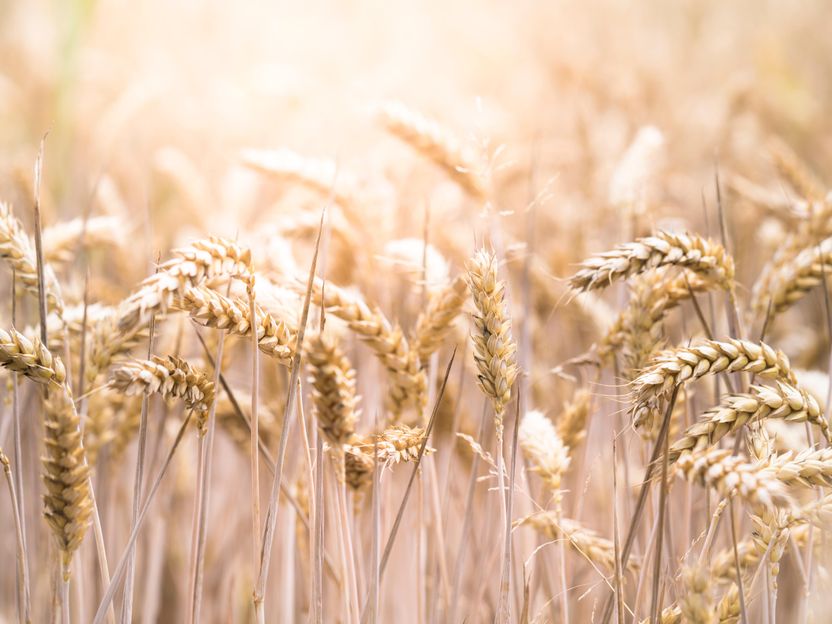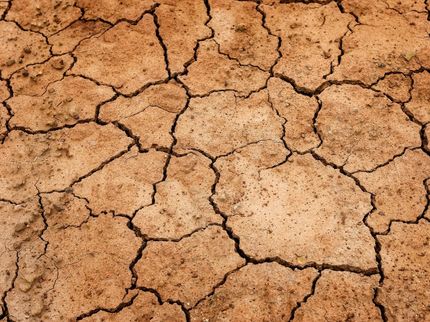Grain varieties under climate stress
New research network examines conditions for greater food security
Advertisement
As a result of climate change, cereal crops will undoubtedly be exposed to longer and more frequent periods of drought. How well they survive this depends on their interaction with water, nutrients, bacteria, and fungi in the soil. The new research network "RhizoTraits", coordinated by the University of Bayreuth, is now seeking to get to the bottom of the varying resilience of cereal varieties. The results are to be incorporated into bio-economic concepts for strengthening food security. The German Federal Ministry of Education and Research (BMBF) is funding the project initially for four years to the tune of 1,9 million Euro, one million of which will go to the University of Bayreuth.

Photo by Evi Radauscher on Unsplash
Cooperation partners in the new research network are the Technical University of Munich, the Karlsruhe Institute of Technology and the Bavarian State Institute for Agriculture. The name "RhizoTraits" derives from the rhizosphere, the soil zone in which plant roots search for nutrients and water, and where they interact with a wide variety of microorganisms. "These underground processes are the key to the adaptability and resistance of cereal plants to climate change. That is why we need to know more about which specific properties of the rhizosphere benefit or harm plants in times of drought. The differences between various cereal varieties must also be taken into account. This is the only way to make our agricultural ecosystems more robust in the long term," explains junior professor Dr. Johanna Pausch, coordinator of the research association. She heads the agroecology working group at the University of Bayreuth and is a member of the Bayreuth Centre of Ecology & Environmental Research (BayCEER).
Food security in times of climate change
The more precisely and comprehensively the interactions within the rhizosphere are understood, the more reliably the consequences of climate change for agriculture can be predicted. But the research partners of "RhizoTrait" are not just concerned with forecasts. More important are agricultural and food policy measures that anticipate these foreseeable consequences of climate change. "Based on our joint research results, we hope to propose innovative concepts aimed at ensuring agricultural yields keep pace with the needs of a growing world population despite changing climatic conditions. We see these recommendations for action as a contribution to a bio-economy in which sustainability and food security are closely linked," says Pausch.
Old crops: a valuable source of information
One special feature of the planned research work is that old crops, hardly relevant for agriculture today, are included in its investigations. Most of the cereal varieties cultivated today have been bred in the last 50 years. The focus has been on increasing yields, while sufficient supplies of water and nutrients have been taken for granted. The question of whether these plants can adapt to climate-related shortages of water and nutrients has therefore been largely ignored.
In the course of this development, however, certain genes that are important for the resilience of cereal plants may have been lost. They enable plants to influence soil conditions to their own advantage. For example, the roots can secrete substances that promote the establishment of colonies of fungi and bacteria in the immediate vicinity. Symbioses with fungi that supply nutrients or symbioses with bacteria that can bind nitrogen from the air make plants less susceptible to the consequences of drought or other extreme events. Old crop varieties can show whether the genetic basis for such self-protection has been changed by purely yield-oriented breeding. In addition, they may contain further indications as to which rhizosphere characteristics can enhance the stress tolerance of plants.































































